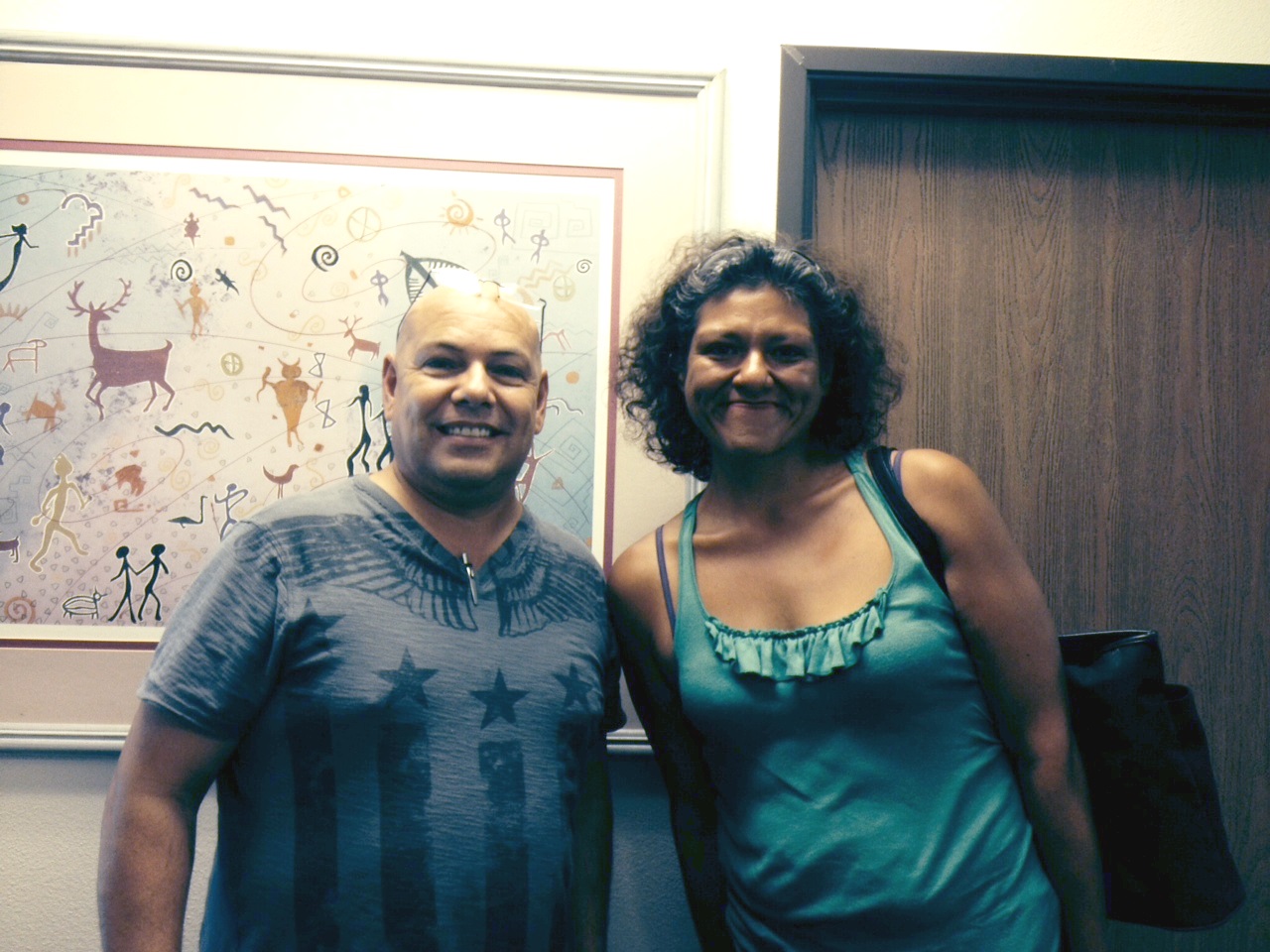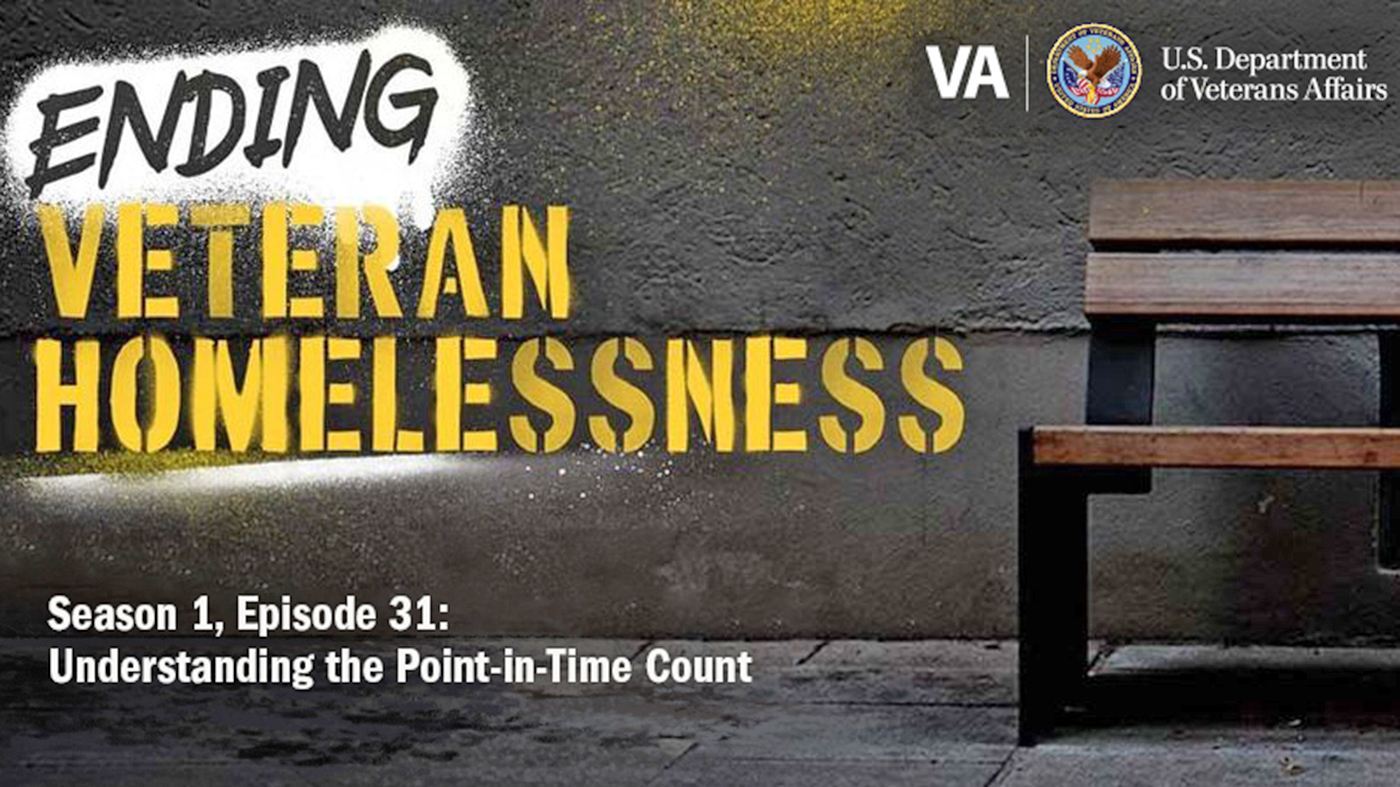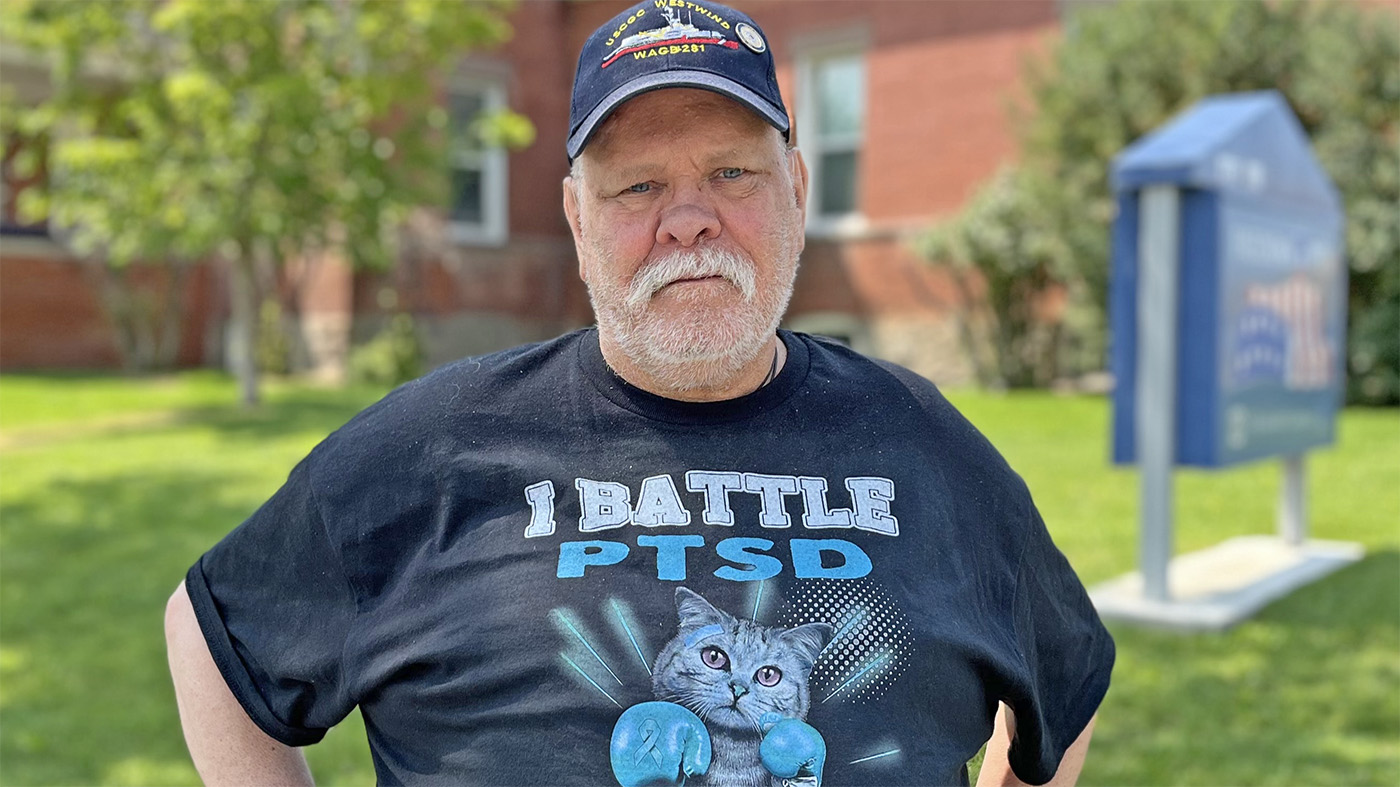Sonia Niznik was taking shelter from Arizona’s dry summer heat at a “cooling center” provided by a local church when a team of outreach workers began conducting screenings using an assessment tool called the Vulnerability Index-Service Prioritization and Decision Assistance Tool. At the time, Sonia had been without a home for about three years.
Sonia’s interview was part of the first wave of assessments conducted for Tucson’s Coordinated Entry pilot. The Coordinated Entry system is designed to prioritize and assist Veterans and chronically homeless individuals based on their level of vulnerability and embraces a “housing first” philosophy, operating with harm reduction principles within the safe environment of a home.
Sonia was the first individual matched with housing under the new system. To date, more than 80 Veterans and chronically homeless individuals have been matched with housing and about 15 clients have been able to move into permanent housing through this system.
In my capacity as a housing navigator and case manager for the Pasadera Behavioral Network, I met Sonia a week and a half after she filled out the assessment. When I met her, she had a big smile on her face. She was amazed that she was contacted about permanent supportive housing (PSH) so quickly after completing the survey. I helped her prepare the documentation she needed to qualify for the Pasadera PSH program, which is funded through the Department of Housing and Urban Development (HUD) Continuum of Care. She chose a place in a recovery based living community to help her address her substance use issues, which contributed to the job loss that led to her homelessness. A few weeks later, she had her own fully furnished studio apartment.
“Originally I just couldn’t even believe it,” Sonia said. “I thought it was too good to be true. I didn’t tell anyone where I lived because I didn’t think that I was going to be here very long.”
Sonia said the PSH program has helped her manage her physical health and employment search. “When you don’t have a place to live it’s really a full time job just day to day finding a place, being safe, finding something to eat,” she said. “I’m diabetic and I wasn’t able to go to the doctor or get my supplies or keep my insulin anywhere.”
Sonia currently volunteers at a care home and plans to pursue a career in the health care industry. She said that living in the permanent supportive housing has helped her stay focused on her goals. “Rudy is faithful in calling me and making sure that I’m staying on track. It’s a lot of accountability that I didn’t have before,” she said.
Sonia has made incredible progress, from improving her health and employment prospects to maintaining her housing stability. Her story is a testament to the Coordinated Entry system’s progress and its potential to end Veteran and chronic homelessness in Tucson.
According to Pamela Moseley, Homeless Management Information System (HMIS) program specialist for Pima County and board member of the Tucson Pima Collaboration to End Homelessness (TPCH), the Coordinated Entry system is a “paradigm shift” to previous approaches to address the community’s homelessness. “Getting away from first come first serve is hard, and I think there’s also resistance to participate by some agencies because it is different – using a common assessment tool and matching clients for programs from the priority list,” she said.
Moseley said that TCPH has been exploring the prospect of implementing a Coordinated Entry system since 2012. In 2014 the Tucson community joined the 25 Cities Effort to End Veteran and Chronic Homelessness, created to assist communities in accelerating and aligning their existing efforts toward the creation of coordinated assessment and entry systems. “That’s really when we quit talking about coordinated assessment and started doing it,” Moseley said.
Tucson Mayor Jonathan Rothschild referenced the 25 Cities Effort in his March 2015 State of the City Address. “There is a push to end Veteran homelessness in Tucson by December 31, 2015. To date, 14 partner agencies, including the city’s housing department, have housed 920 formerly homeless Veterans – more than halfway to our goal,” he said.
“This is not always an easy population to serve,” Rothschild added. “About half of those housed were chronically homeless, some having lived on the streets for decades. We end homelessness with housing – permanent housing – and supportive services. We end homelessness by sharing information and procedures, so no matter which agency a person goes to, the right services are accessed. We end homelessness with hard work, not headlines.”
VA, in partnership with HUD and the U.S. Interagency Council on Homelessness (USICH), launched the 25 Cities Effort in March 2014. The 25 Cities Effort is a key federal strategy through which 25 communities, including Tucson, AZ, are receiving technical assistance and mobilizing local planning efforts and partnerships to create effective systems for aligning housing and services interventions through coordinated systems to end homelessness. Led by VA, in partnership with HUD and USICH, the aim of this effort is to assist 25 communities in accelerating and aligning their existing efforts toward the creation of coordinated assessment and entry systems, laying the foundation for ending all homelessness in these communities.

Topics in this story
More Stories
William Snow, senior program specialist at HUD, explains how the Point-in-Time Count provides valuable data on Veteran homelessness.
VA permanently housed 47,925 homeless Veterans in fiscal year 2024, exceeding its goals for the third year in a row.
VA Housing First changed the life of Grady Kendall, Coast Guard Veteran, because it was there when life knocked him down.





